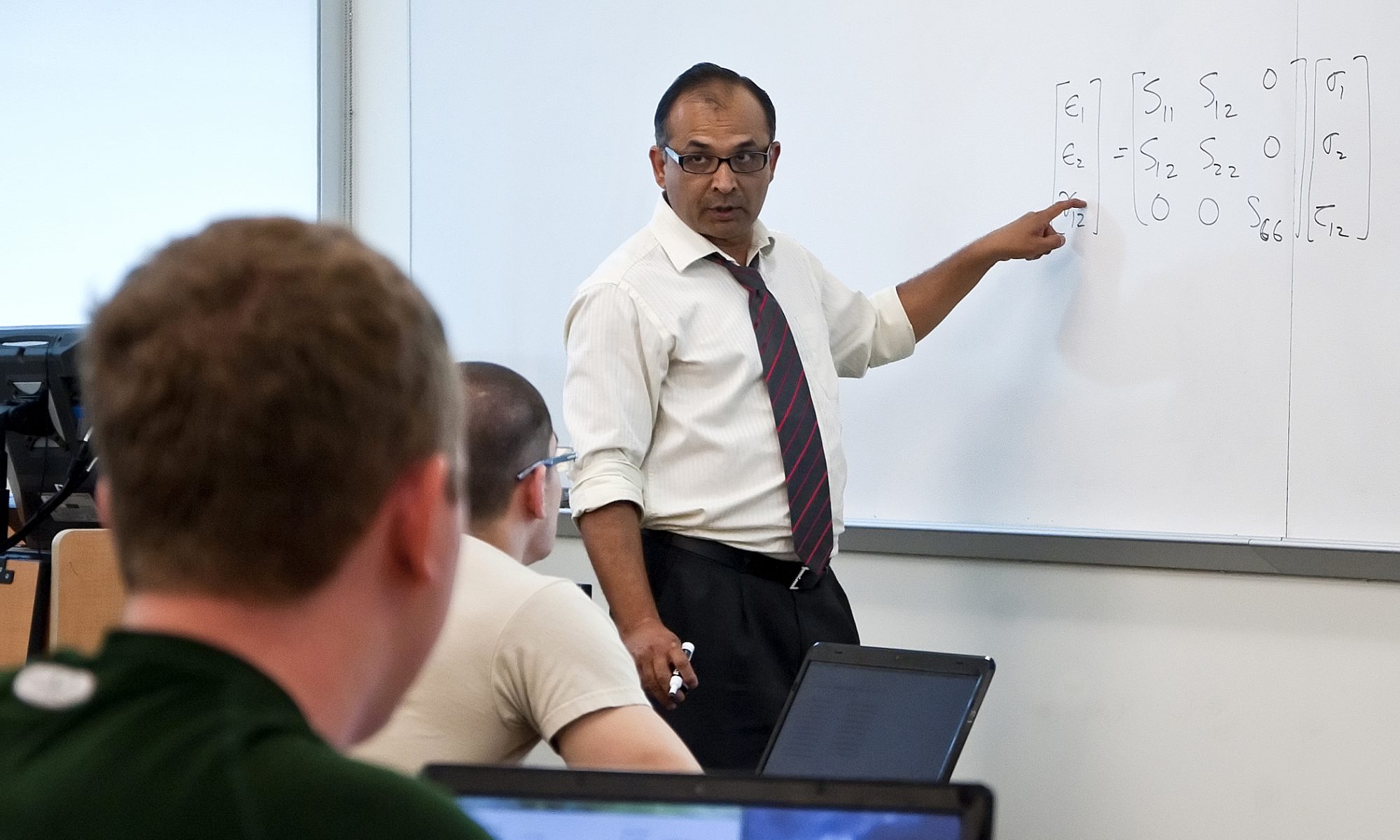Insourcing at USF not true
AUTAR KAW
Opinion Editorial
The Tampa Tribune
May 20, 2004
I could not help but be upset by Robert Alfred’s comments on the University of South Florida’s “insourcing” (Letters, May 12). He complains that as he walks through the halls of the College of Engineering, he does not find many “old American names.”
When I had the opportunity to change my name in 1990 while applying for U.S. citizenship, I should have changed it to Charles Manson or Ted Bundy. Maybe Alfred would then get the satisfaction of seeing an old American name. However, my last name of Kaw is older than the Mayflower, and it has been mistaken a few times for the American Indian Kaw tribe in Oklahoma.
Selection Is Rigorous
Faculty members in the College of Engineering are selected through a rigorous selection process. The charge of the selection committee is to find the best candidate as per the qualifying criteria (old American name is not one of them), prevailing immigration and equal opportunity laws, etc. Sometimes U.S. citizens who make the final pool of candidates opt to go somewhere else or join an industry, and because the pool of qualified minority applicants is already small, it is difficult to hire them as well.
We encourage our own top USF undergraduates to go to graduate school, and in recent years with proactive recruitment and the Research Experience for Undergraduates program, we are seeing more U.S. citizens joining the engineering graduate program. This may change as the economy gets better because competing with an offer of $50,000 or more from industry is hard to match with a $10,000 graduate assistantship.
It is true that most foreign graduate students have a great work ethic and dedication, but these are the top students in their country of origin. They are surely going to be better than an average American student. But go to any top-level university in the nation, and you will see that any foreign student will find more than his or her match.
When I was at the University of Illinois at Urbana-Champaign in spring 1984, there were only five international students in a civil engineering class of 40. Why? The brightest students in the nation applied to go to the best civil engineering graduate program in the nation.
The American K-16 educational system is unparalleled (no doubt it needs reform, well-paid, qualified teachers, and renewed commitment), and it is no coincidence that the USA is still the most powerful and coveted country in the world. The academic process in the USA may not be as rigorous as that in other nations, but the overall exposure and training cannot be matched by any country. The stark truth is that the literacy rate of an Asian country like India is 50 percent; that of the USA is 93 percent.
Scapegoat In A Bad Economy
The point about outsourcing has been beaten to death in a bad economy. Outsourcing and immigration are not questioned if it means getting a shirt for $10, your lawn mowed for $50 a month or your roof replaced for a mere $5,000, but when these issues affect people making more than the median income, it is considered to be an outrage.
Only 300,000 U.S. information technology jobs have been outsourced – each of them, of course, representing a hardship to the person who was replaced. There is a simple solution to stop losing jobs. Just ask every working American to be just 1 percent less productive, and we will lose 1,000,000 fewer jobs. But then, Donald Trump may shout, “You’re outsourced!”
CITATION: Autar Kaw, “Insourcing at USF Not True”, Opinion editorial, The Tampa Tribune, May 20, 2004, last accessed at http://autarkaw.com/insourcing-at-usf-not-true/
